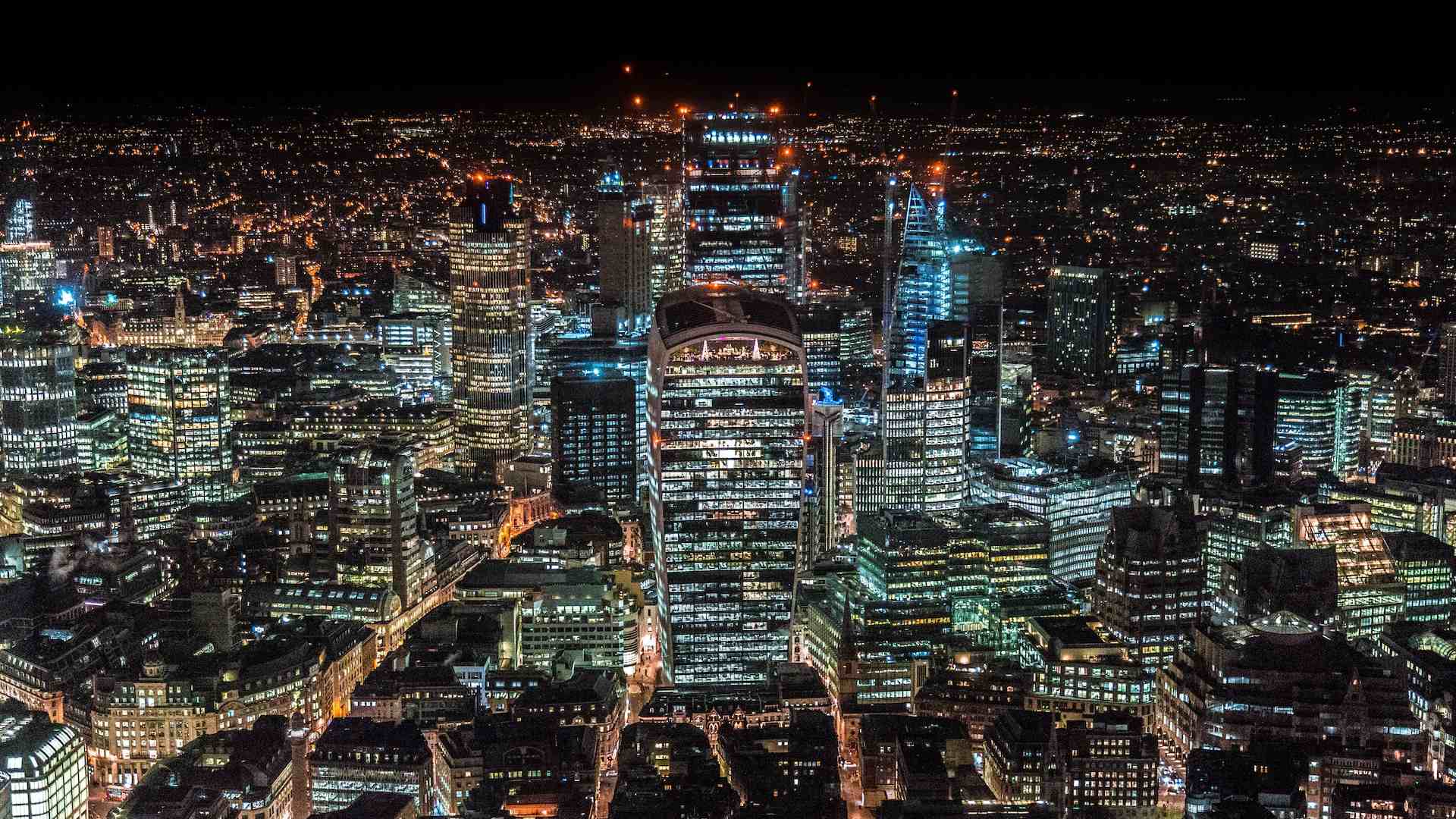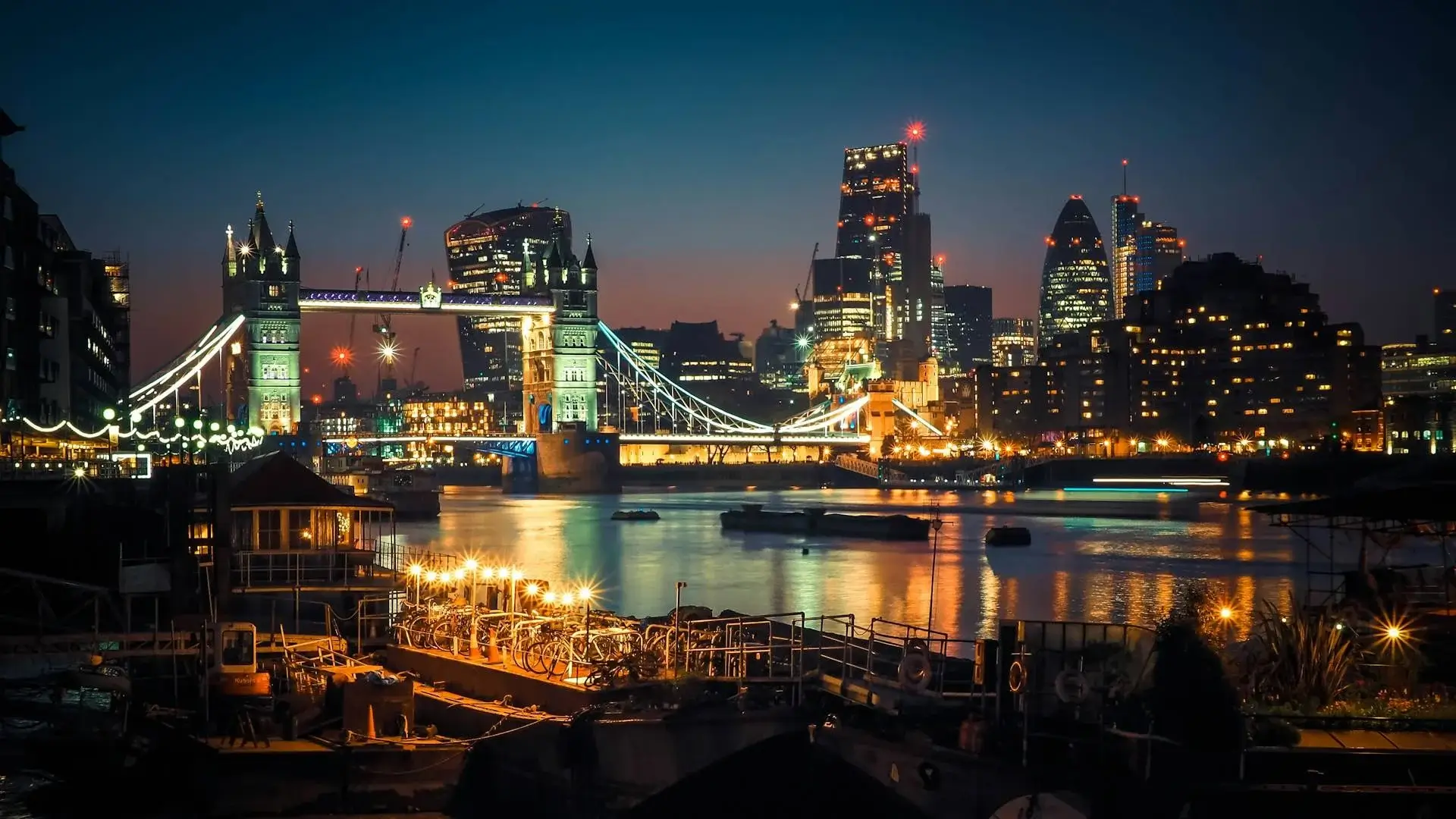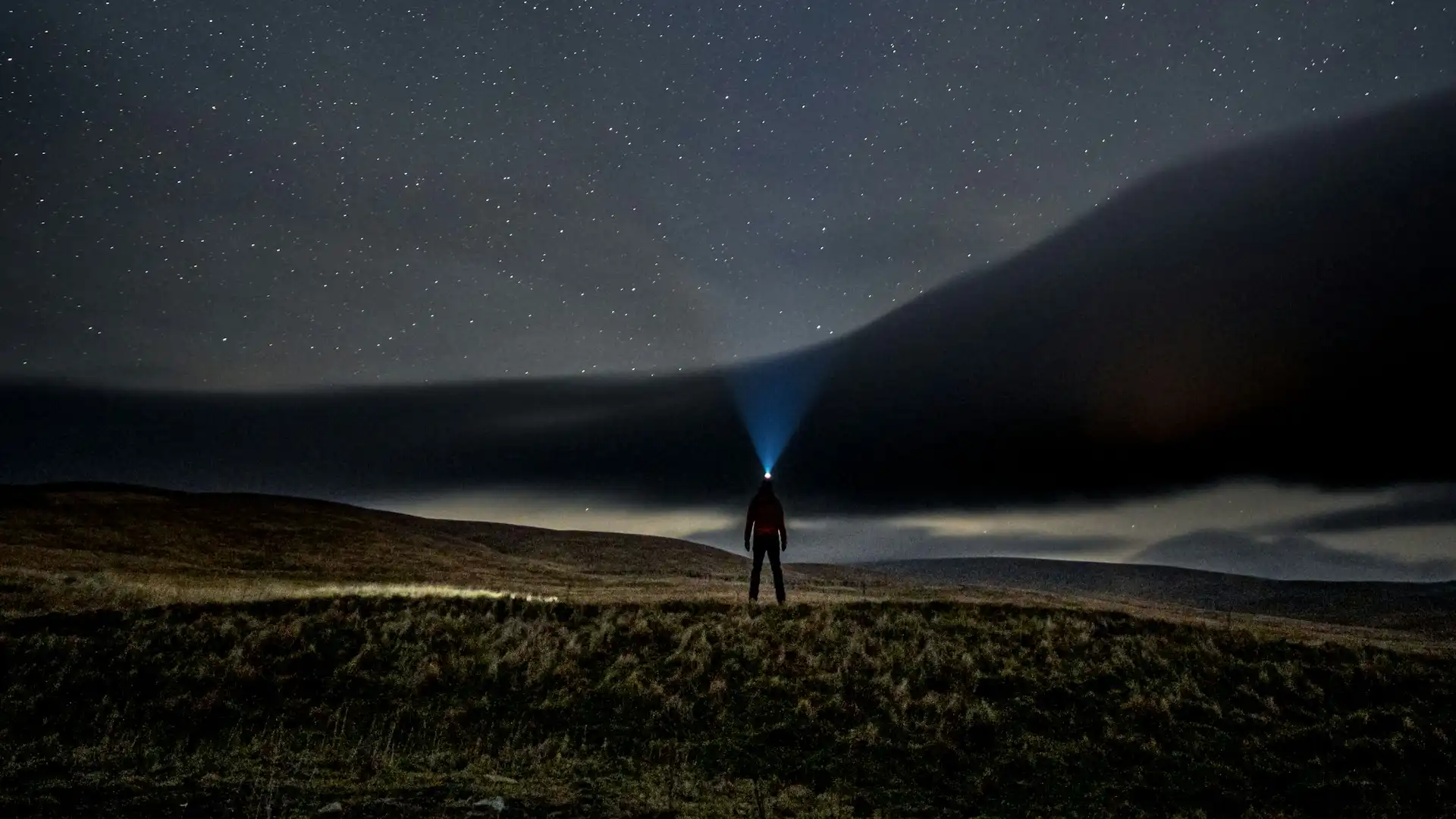Dark Skies: Understanding the essentials and the solutions available

Dark skies refer to natural night-time environments where there is minimal light pollution, allowing for clear views of the stars and other celestial bodies. Unfortunately, due to urbanization and the increasing use of artificial light, dark skies are becoming increasingly rare, and it is estimated that over 80% of the world's population is living under light-polluted skies. This trend is detrimental to our health and well-being, as well as to the environment and our understanding of the universe.
The loss of dark skies has significant implications for our health and well-being. Light pollution can interfere with our natural sleep patterns, leading to insomnia, fatigue, and other sleep-related disorders. It can also cause disruptions in our circadian rhythms, leading to a host of health problems such as depression, obesity, and diabetes. In addition, exposure to artificial light at night has been linked to an increased risk of cancer, particularly breast and prostate cancer.
Furthermore, light pollution has negative environmental effects, particularly on wildlife. Many animals, such as birds, sea turtles, and insects, rely on natural light cycles to navigate and perform important functions such as breeding and feeding. Light pollution can interfere with these cycles, leading to population declines and even extinction. It can also disrupt ecosystems and alter the behavior of nocturnal animals.
Finally, the loss of dark skies has implications for our understanding of the universe. Observing the night sky has been a fundamental human activity for millennia, leading to some of the most significant scientific discoveries in history. With the loss of dark skies, our ability to observe and study the universe is greatly diminished. Astronomers and other scientists are unable to make accurate observations and measurements due to the interference of artificial light. This lack of data can impede our understanding of the universe and our ability to make scientific breakthroughs.
There are, however, ways to preserve and protect dark skies. One of the most effective ways is to reduce light pollution by using more efficient lighting systems that direct light downwards, reducing glare and unnecessary light. Shielding outdoor lights and turning off unnecessary lights at night can also help reduce light pollution. Additionally, efforts can be made to increase public awareness of the importance of dark skies and the negative impacts of light pollution.
In conclusion, dark skies are a precious natural resource that is increasingly threatened by light pollution. Their loss has significant implications for our health and well-being, the environment, and our understanding of the universe. By taking steps to reduce light pollution and increase public awareness, we can help protect and preserve dark skies for future generations to enjoy and benefit from.
We have more information on Dark Skies and what solutions are best HERE


